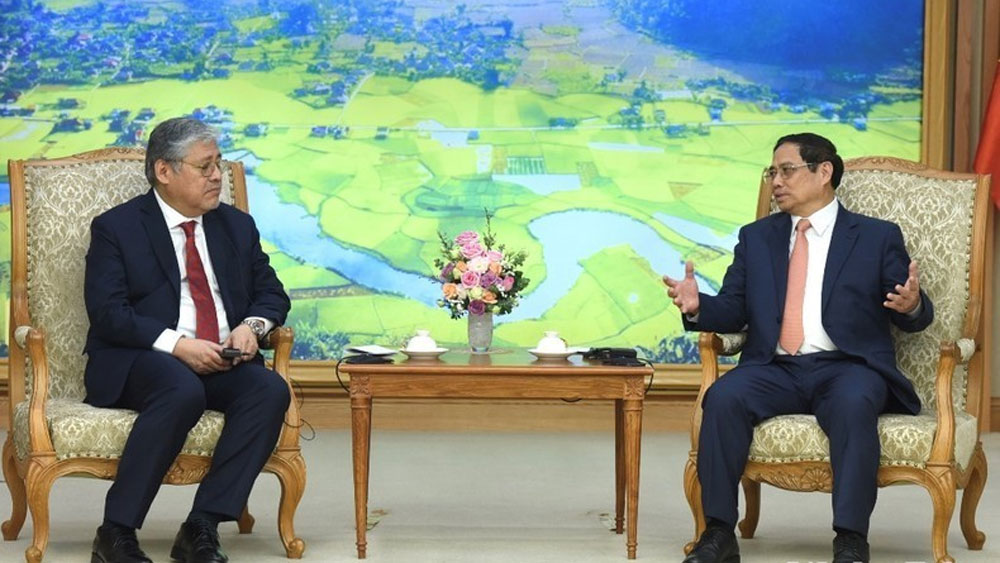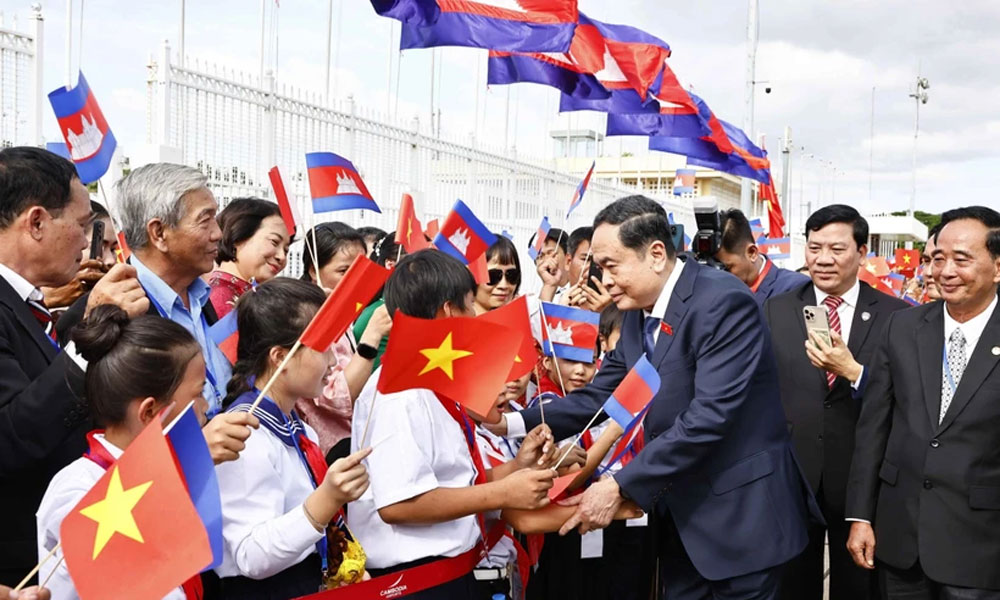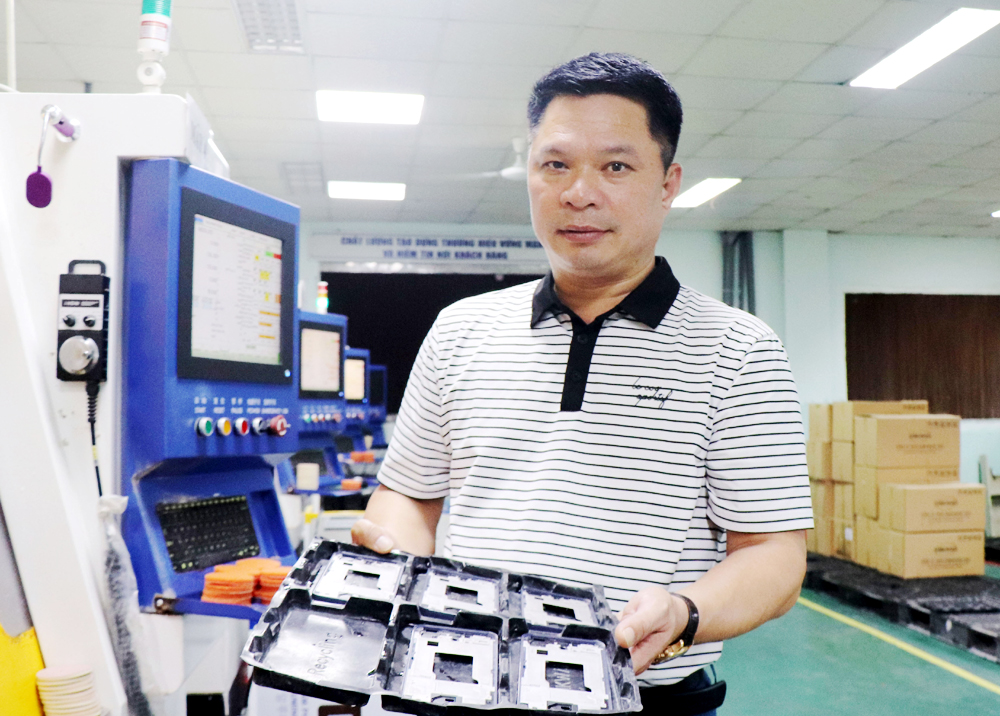Vietnam treasures strategic partnership with Philippines: PM
PM Chinh expressed his satisfaction with the strong developments of bilateral strategic partnership over the past years. Two-way trade hit all-high nearly 8 billion USD last year. Further attention has been paid to maritime cooperation, especially concerning marine ecological environment, maritime economy and illegal fishing prevention.
 |
|
Prime Minister Pham Minh Chinh (R) and Secretary of Foreign Affairs of the Philippines Enrique A. Manalo. |
The PM suggested both sides work closely together to achieve goals set in the 10th meeting of the Vietnam-Philippines Joint Commission on Bilateral Cooperation (JCBC-10), including facilitating the exchange of delegations at all levels, stepping up economic-trade ties, considering removing unnecessary barriers, and supporting each other in ensuring food security.
The two countries should strive to achieve 10 billion USD in two-way trade and enhance collaboration in other potential areas such as digital economy, circular economy, green economy, renewable energy, climate change mitigation, maritime issues, marine economy, innovation and start-ups, he said.
The host underlined the importance of strengthening national defence and security cooperation, especially in the maritime domain, and expressed support for the early establishment of additional legal frameworks for bilateral security collaboration.
Manalo, for his part, described Vietnam as the only strategic partner of the Philippines in ASEAN with shared similarities and strategic interests.
Informing the host about the outcomes of the JCBC-10 co-hosted by him and Vietnamese Foreign Minister Bui Thanh Son, he pledged to work closely with the relevant agencies of the Philippines and Vietnamese partners to deliver on commitments reached during his visit.
The guest wished that both countries would actively push forward joint work in cultural exchange, tourism, education-training and locality-to-locality connectivity.
He underlined the importance of agriculture cooperation and rice trade to ensure food security, and agreed to share experience in promising fields of the two countries’ interest as suggested by the host.
On global and regional issues of shared concern, they vowed to continue supporting each other, maintaining solidarity and centrality of ASEAN; maintaining peace, stability, security, safety and freedom of navigation and overflight in the East Sea; cooperating in settling disputes in the East Sea through peaceful means in accordance with international law, including the United Nations Convention on the Law of the Sea 1982 (UNCLOS 1982).
Both sides also agreed to fully and effectively implement the Declaration on the Conduct of Parties in the East Sea (DOC), and expedite negotiations for a substantive and effective Code of Conduct (COC), which is in line with international law and UNCLOS 1982.
Source: VNA
 Bắc giang
Bắc giang















Reader's comments (0)